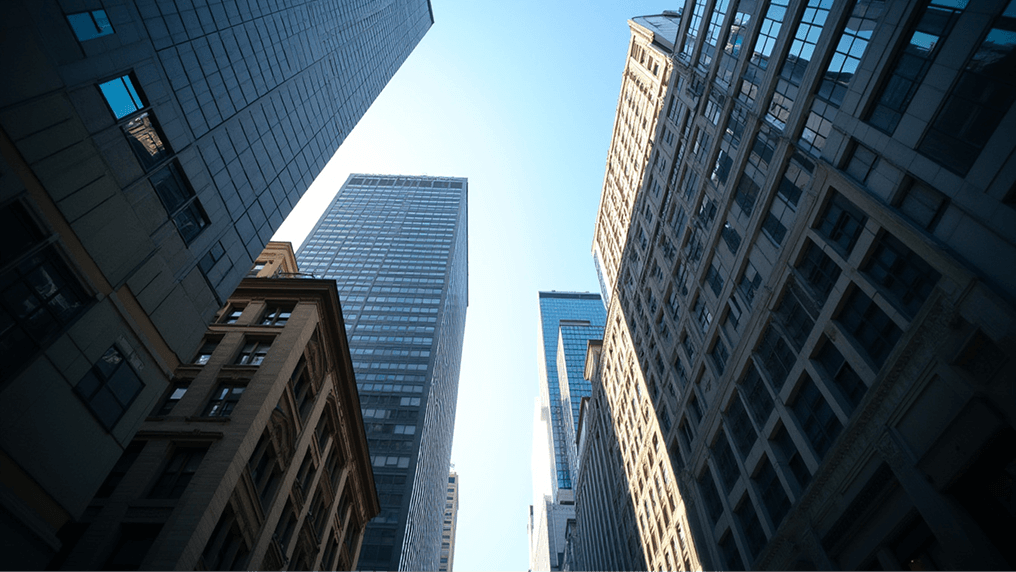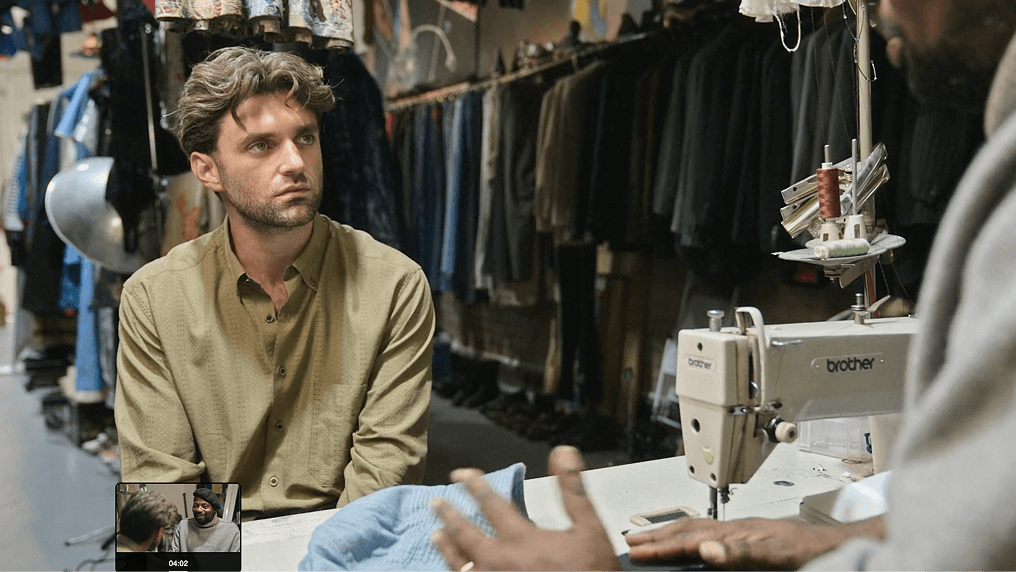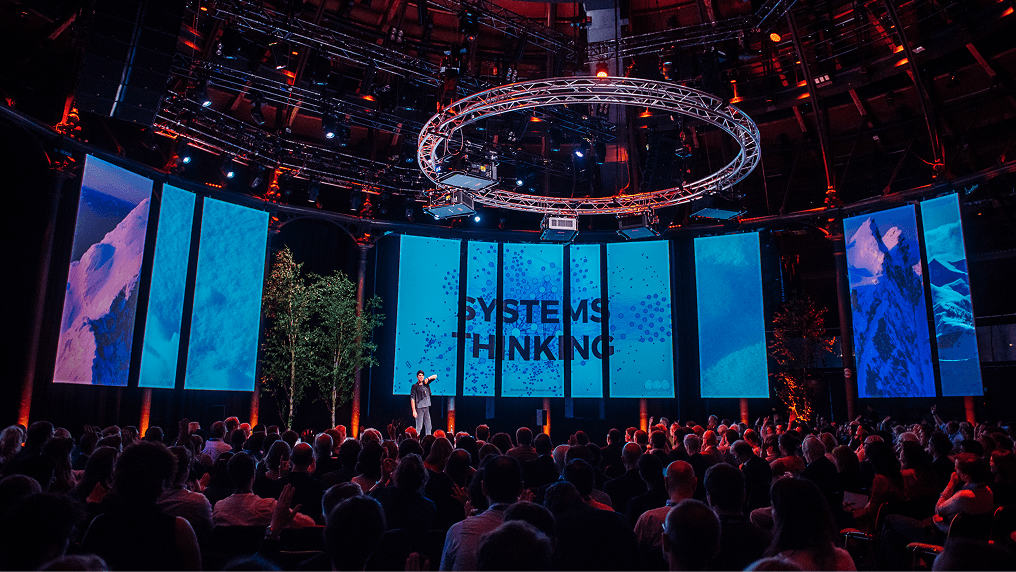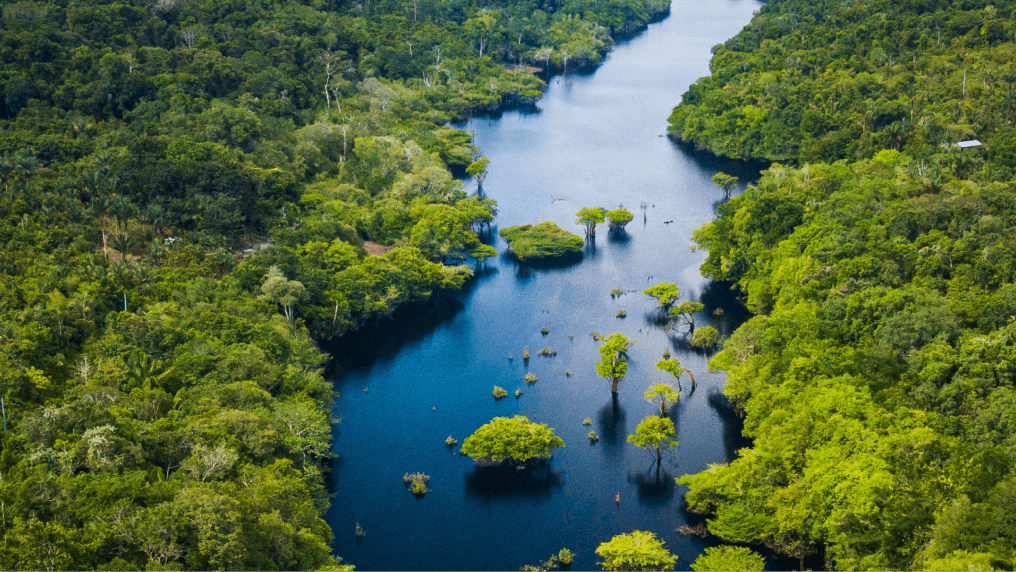This is part of a series of impact stories highlighted in our 2024 Impact Report. To explore more impact stories, see the full collection.
We have made significant progress in building the case for the circular economy as an attractive investment opportunity, mobilising the capital needed to scale solutions in our focus sectors. Finance plays a pivotal role in driving the transition to a circular economycircular economyA systems solution framework that tackles global challenges like climate change, biodiversity loss, waste, and pollution. It is based on three principles, driven by design: eliminate waste and pollution, circulate products and materials (at their highest value), and regenerate nature. by providing the capital needed to scale solutions, however barriers such as a lack of coordination among investors, inconsistent data, and limited capacity within financial institutions are slowing progress. Our work this year has focused on addressing these challenges and unlocking the economic potential of circular models.
We began work to develop a framework that will help businesses to measure and communicate the return on circular economy investment, in collaboration with NYU Stern Center for Sustainable Business. This tool will help businesses, including participants in our Fashion ReModel programme, unlock strategic investments and grow circular business models.
USD 400bn in capital mobilised to accelerate circular economy initiatives (an increase of USD 170bn since 2021)
In addition, we partnered with BlackRock to identify publicly listed companies adopting circular strategies and evaluate their financial and environmental performance. Presented at New York Climate Week, this research highlighted the potential of circular solutions to improve outcomes like sales growth and emissions reduction, sparking discussions on better coordination of capital to support scale and increasing visibility of the circular economy in the mainstream finance industry.


Case study
Intesa Sanpaolo: Exploring finance’s role in scaling regeneration
Together with the Intesa Sanpaolo Group, Italy’s largest bank, we conducted a ‘Catalyst’ project to explore opportunities and challenges in enabling regenerative practices. Bringing together various actors across the food and fashion value chains (including brands, enablers, and farmer representatives), we facilitated workshops to examine how regeneration can be supported at scale.
This helped Intesa Sanpaolo identify ways to better leverage its existing initiatives across business units to support a wholesale transition. It also provided inspiration and examples of how a more systemic approach to financing and collaboration could unlock greater impact. As a result, the bank developed concepts for potential new financial instruments and products, and is now exploring how they can be piloted and implemented.
Viviana Bacigalupo, General Manager at Intesa Sanpaolo Innovation Center, said: "The Catalyst project represented an important opportunity to engage with key internal and external stakeholders of Intesa Sanpaolo, fostering a systemic understanding of regenerative practices. This collaboration allowed us to explore innovative financial solutions aimed at supporting sector-wide transitions, in line with our strategic commitment to sustainable finance and the promotion of circular economy principles.”
In this collection
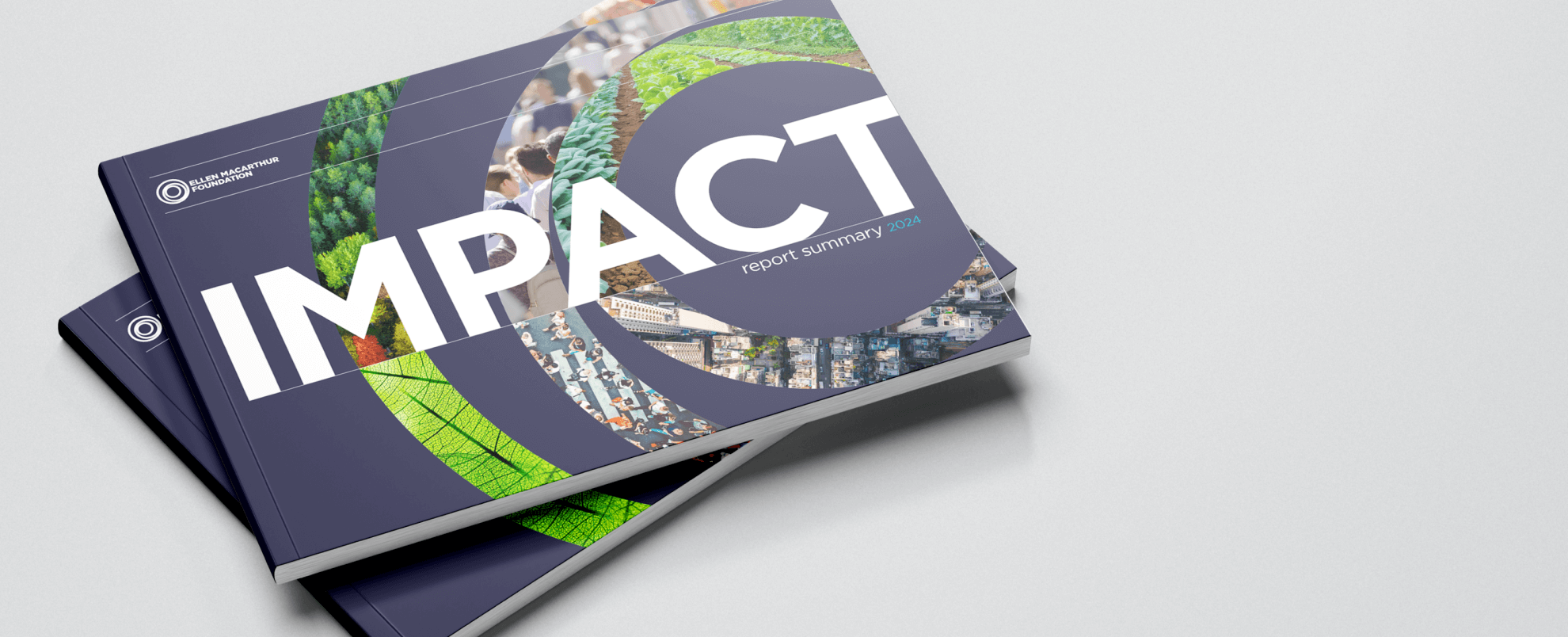
Breaking new ground
The Ellen MacArthur Foundation's Impact Report Summary 2024
We are a leading global organisation committed to transforming the economy so that it works for people and the environment.









